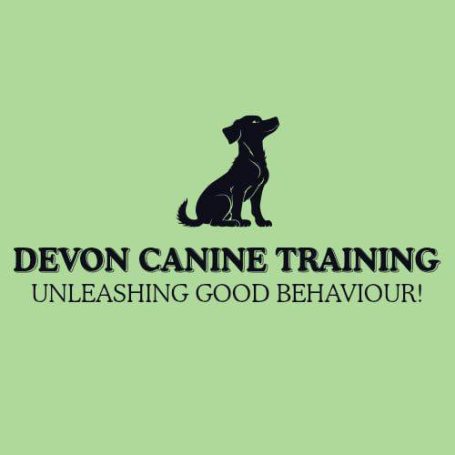BLOG
Below are some useful topics to help you and your dog. Check back often for new tips and tricks for you and your canine companion!
Why Positive Reinforcement Works
Positive reinforcement works because it builds trust, encourages good behaviour, and strengthens the bond between you and your dog.
This is achieved by rewarding desired behaviours with treats, praise, or playtime. Dogs learn quickly, and this method motivates them to repeat behaviours willingly, rather than out of fear or confusion.
It also makes training enjoyable and effective for both you and your dog.


Avoid These 5 Common Puppy Training Mistakes for a Smooth Start!
Training a puppy can be tricky, and some common mistakes can slow progress or confuse your furry friend. Avoid these pitfalls to give your puppy the best start:
1. Being inconsistent with commands or rules
Puppies thrive on clear, consistent guidance. Stick to the same commands and rules to help your pup learn faster.
2. Using punishment instead of positive reinforcement
Punishment can damage trust and lead to fear-based, unwanted behaviours. Focus on rewarding good behaviour instead.
3. Skipping socialisation
Early exposure to people, places, and other dogs is essential for raising a well-rounded adult dog.
4. Making training sessions too long
Puppies have short attention spans, keep sessions short, fun, and engaging to avoid overwhelm and frustration.
5. Waiting too long to start training
Good habits start early! Begin training as soon as you bring your puppy home.
On the left, you’ll see a photo of the lovely Oakey being the best mum to her week-old puppies!
How to Socialise Your Dog the Right Way
Socialising your dog means introducing them gradually and positively to a variety of people, animals, environments, and experiences. Starting these interactions early, ideally during the puppy stage, is key to building confidence and setting them up for a happy, relaxed life.
Every interaction should be calm and enjoyable, done at your puppy’s pace to avoid overwhelming them. Good socialisation helps prevent fear and reactivity later on.
If your dog missed out on proper socialisation as a puppy, don’t worry, it’s often not too late! Many dogs can learn to socialise well through guided dog-to-dog interactions or with our help, showing them the way.
Tips for positive experiences: Use treats and praise to reinforce relaxed and friendly behaviour during new interactions.
(On the right: a photo of two dogs from our group walks, playing together in the river. These two are the best of friends! We love helping dogs become well-socialised so they can make friends and enjoy their own adventures.)

